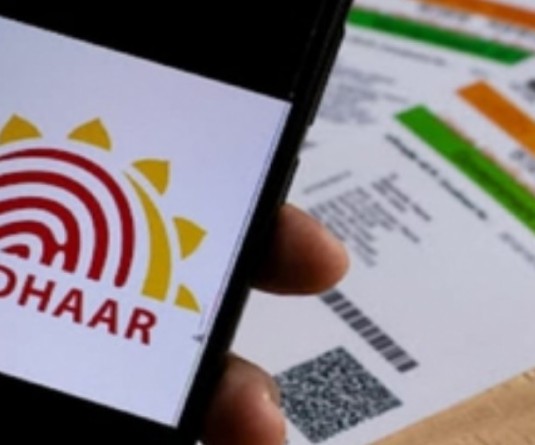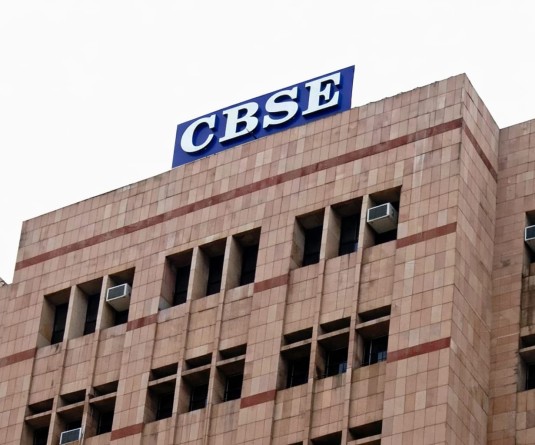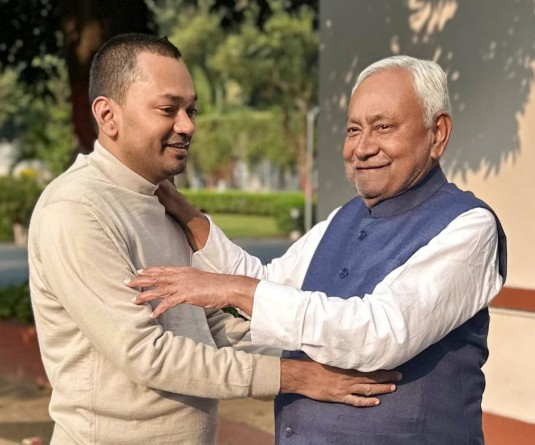
New Delhi, April 1 (THE HINDU): Even as India celebrates an impressive jump in the literacy figures in the past decade, a staggering eight million children are still out of school. Worse, 21 per cent of the teachers at the primary level are without adequate qualification and as many as 9 per cent schools have single teachers.
Releasing the achievements in the first year of implementation of The Right of Children to Free and Compulsory Education Act, 2009, Union Human Resource Minister Kapil Sibal said 81 lakh children out of school was a matter of great concern.
However, he said the States had been very cooperative in the implementation of Right to Education (RTE) Act and as many as 15 States had already notified the Rules, 11 had constituted the State Commissions for Protection of Child Rights while 28 States had adopted the policy of eight year elementary education which would bring uniformity across the country and help in the better implementation. There was a policy of no detention (failing) in 27 States, 28 had banned corporal punishment and 26 had done away with board examination up to elementary level. Several States had also banned private tuition, screening procedure and capitation fee.
Mr. Sibal said the teachers who did not possess qualification had been given five years to equip themselves even as he appreciated that a huge number of children were now enrolled in schools – 13 crore at primary level and another five crore at the upper primary level. Girl enrolment was 48 per cent.
Further, 93 per cent of the primary schools (government and aided) had drinking water facility, 59 per cent had separate toilets for girls and 47 per cent schools had ramps to facilitate the differently-abled children, though 51 per cent schools had boundary walls and playgrounds.
``The message to the community is that the right to education is entrenched and it is now the responsibility of the community, and stakeholders in the education sector to ensure all children go to school,’’ Mr Sibal said.
Releasing the achievements in the first year of implementation of The Right of Children to Free and Compulsory Education Act, 2009, Union Human Resource Minister Kapil Sibal said 81 lakh children out of school was a matter of great concern.
However, he said the States had been very cooperative in the implementation of Right to Education (RTE) Act and as many as 15 States had already notified the Rules, 11 had constituted the State Commissions for Protection of Child Rights while 28 States had adopted the policy of eight year elementary education which would bring uniformity across the country and help in the better implementation. There was a policy of no detention (failing) in 27 States, 28 had banned corporal punishment and 26 had done away with board examination up to elementary level. Several States had also banned private tuition, screening procedure and capitation fee.
Mr. Sibal said the teachers who did not possess qualification had been given five years to equip themselves even as he appreciated that a huge number of children were now enrolled in schools – 13 crore at primary level and another five crore at the upper primary level. Girl enrolment was 48 per cent.
Further, 93 per cent of the primary schools (government and aided) had drinking water facility, 59 per cent had separate toilets for girls and 47 per cent schools had ramps to facilitate the differently-abled children, though 51 per cent schools had boundary walls and playgrounds.
``The message to the community is that the right to education is entrenched and it is now the responsibility of the community, and stakeholders in the education sector to ensure all children go to school,’’ Mr Sibal said.






